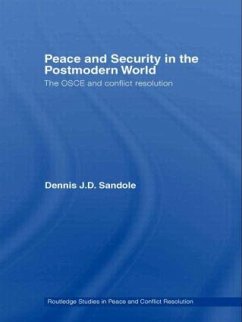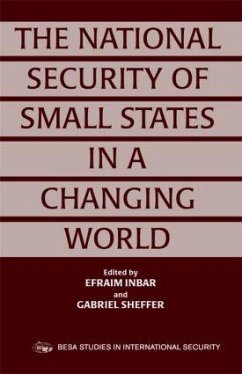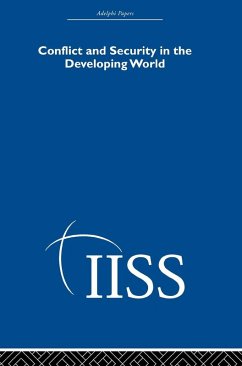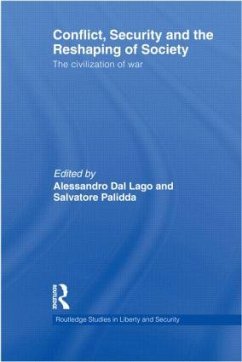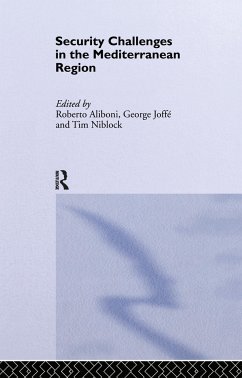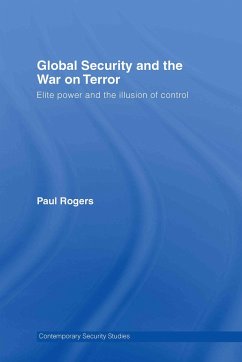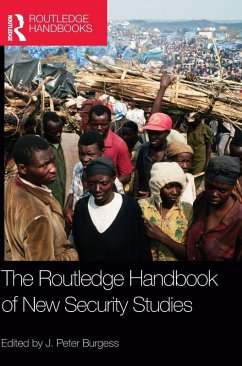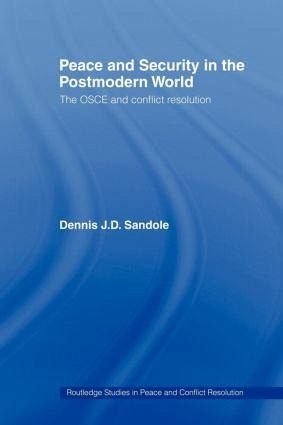
Peace and Security in the Postmodern World
The OSCE and Conflict Resolution
Versandkostenfrei!
Versandfertig in 1-2 Wochen
68,99 €
inkl. MwSt.
Weitere Ausgaben:

PAYBACK Punkte
34 °P sammeln!
Preface Acknowledgements Glossary Foreword Alice Ackermann, OSCE Conflict Prevention Centre 1. Violent Postmodern Conflict: A Need to Go Beyond Symptoms 2. A Framework for Analyzing Violent Postmodern Conflict 3. A Model for Responding to Violent Postmodern Conflict 4. Eliciting the Wisdom of CSCE/OSCE Negotiators: Research Design 5. CSCE/OSCE Negotiators' Perceptions of Select Peace and Security Issues 6. CSCE/OSCE Negotiators' Perceptions of Causes of the Balkan Wars of the 1990s 7. CSCE/OSCE Negotiators' Perceptions of Lessons Learned from the Balkan Wars of the 1990s 8. CSCE/OSCE Negotiato...
Preface Acknowledgements Glossary Foreword Alice Ackermann, OSCE Conflict Prevention Centre 1. Violent Postmodern Conflict: A Need to Go Beyond Symptoms 2. A Framework for Analyzing Violent Postmodern Conflict 3. A Model for Responding to Violent Postmodern Conflict 4. Eliciting the Wisdom of CSCE/OSCE Negotiators: Research Design 5. CSCE/OSCE Negotiators' Perceptions of Select Peace and Security Issues 6. CSCE/OSCE Negotiators' Perceptions of Causes of the Balkan Wars of the 1990s 7. CSCE/OSCE Negotiators' Perceptions of Lessons Learned from the Balkan Wars of the 1990s 8. CSCE/OSCE Negotiators' Visions of Ideal Peace and Security in Postmodern Europe 9. After 9/11: Peace and Security Issues Revisited 10. Implications for Research, Theory, and Policy Appendix A Appendix B Bibliography Index




